
Reach Out And Ask For Help, Says Ian Roberts
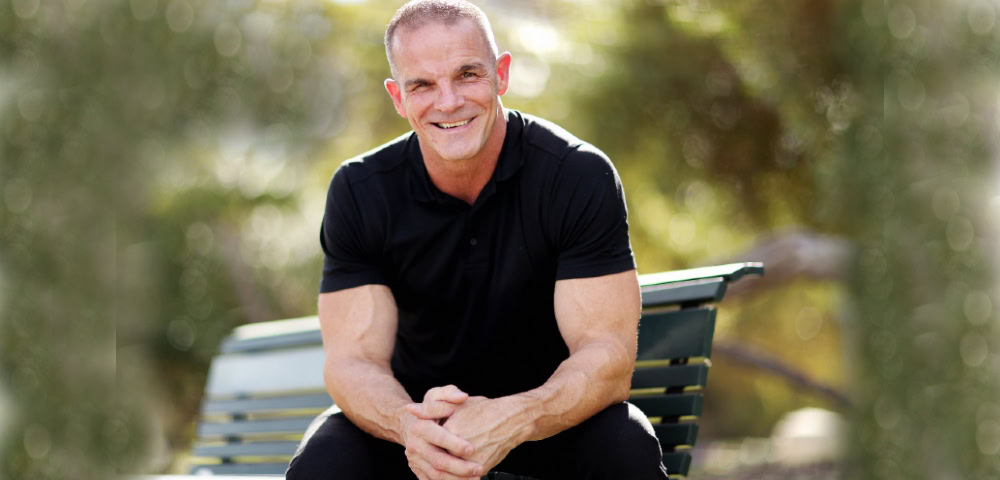
Warning: This story discusses suicides and suicide ideation, which might be distressing for some readers. For 24 hour crisis support and suicide prevention call Lifeline on 13 11 14. For Australia-wide LGBTQI peer support call QLife on 1800 184 527 or webchat.
Everyday in Australia, nine people take their own lives and over 65,000 attempt suicide each year; a statistic Ian Roberts calls “terrifying.”
Roberts, who made headlines as the first rugby player in the NRL to come out, knows it can be hard to ask for help. September 10 is World Suicide Prevention Day, and Roberts wants to spread the message that, “It’s ok to reach out.”
A Call That Would Change His Life
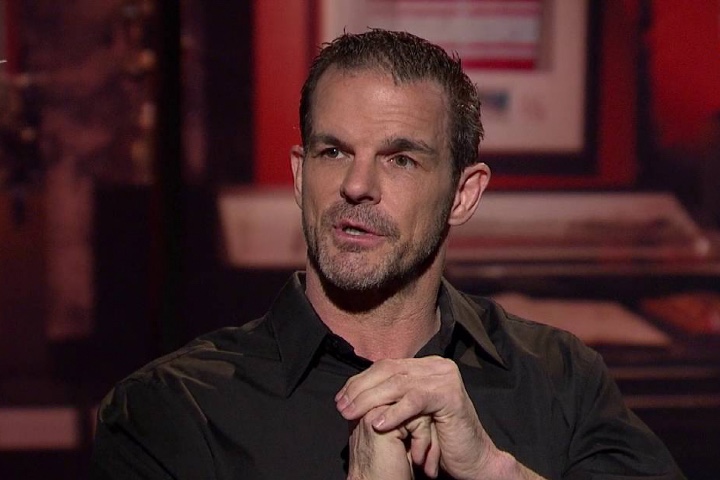
A 2021 report by LGBTIQ+ Health Australia stated that, “Compared to the general population, LGBTIQ+ people are more likely to attempt suicide,” as well as being more likely to have suicidal thoughts and engage in self-harm.
Twenty years ago during a particularly rough period in his life, Roberts took the first step on a path to self-recovery and healing. He called Lifeline. He didn’t know how profoundly that call would affect his life.
Roberts remembers the feelings of isolation and worthlessness which led him to reach out for help.
9 Australians die every day by suicide. But behind every statistic there is a person, a voice, and a story. Help us create hope through action and take suicide #outoftheshadows this #WorldSuicidePreventionDay. Find out how: https://t.co/QjwT8CicDD #WSPD21 pic.twitter.com/vo3VSuZXxI
— Lifeline (@LifelineAust) September 1, 2021
“I was just in a really dark place. I just felt desperate. I had really bad thoughts going through my head. I had been in a state of depression for months. I just wanted to talk to someone. Even though I wasn’t on my own; I was on my own. It was just one of those situations where you can be lonely in a room full of people,” Roberts told Star Observer.
“I don’t know how serious my suicidal thoughts were back then, but I was feeling at a point where I didn’t have a sense of worth. I felt like I had been failing everyone, failing myself. I had just come out of a long-term relationship. I was self-medicating. It was a whole scenario of things that had just escalated.”
“All I knew is I was desperate…I wanted the pain to stop. I just wanted someone to talk to, someone who wasn’t going to judge…It sounds like such a basic service, but it’s such an essential service,” Roberts said.
Someone Was Listening And Not Judging
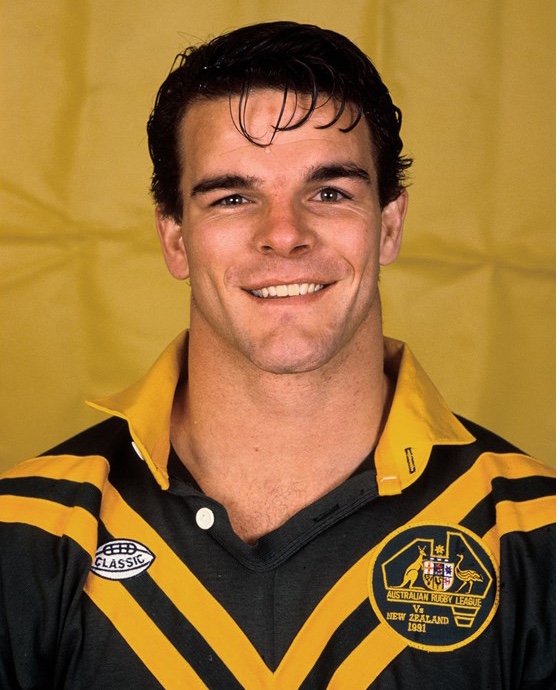
“They were just really open to what I was saying, and the way I was feeling. I wasn’t being judged and they just made me feel like it is ok in life sometimes to be feeling like this. It was a relief that someone was willing to listen to me and not judge me.”
It wasn’t the first time Roberts had reached out to Lifeline for help. The first time he called he had just made a momentous decision.
“It was just after I’d come out and I just wanted to talk to someone who didn’t really know me. I wasn’t feeling good about myself. At the time it felt like I was just losing everything. I was losing my sanity, I was losing my life, I was losing my own sense of worth, I was losing my family, my partner. The call to Lifeline helped change my perspective at that moment.”
“It was someone caring, someone being able to talk to you. It doesn’t sound like much, but it is…I felt like I had options. I had a sense of worth again,” said Roberts.
Reach Out
A rugby player, actor & advocate for the LGBTIQA+ community, Ian recalls calling Lifeline in times of isolation. This #WorldSuicidePreventionDay Ian shares his story to remind us of the impact of a conversation.
Listen to Ian's story: https://t.co/BWTPmvWnfZ #outoftheshadows pic.twitter.com/fYCrwBHjY1
— Lifeline (@LifelineAust) September 7, 2021
Today, Roberts is passionate about encouraging others to reach out and ask for help. “The conversation needs to be present all the time,” he said. “It’s ok to have negative thoughts and it’s ok to talk about them as well…I personally know it can make all the difference in a really bad situation.”
Every 30 seconds someone in Australia calls Lifeline for help. The national charity, which receives over one million contacts a year though phone, text and online support, provides 24 hour crisis support and suicide prevention services.
Lifeline has experienced a 25 percent increase in calls since the current COVID-19 lockdowns have taken effect.
Lifeline is marking World Suicide Prevention Day through its annual Out Of The Shadows event.
Lifeline will be hosting a virtual reflective garden to encourage online participation through a digital space where visitors can plant a flower and leave a personalised message of remembrance or support for others. The aim of the event is to share hope for Australians struggling with their mental health and for those who have lost loved ones to suicide.
For 24 hour crisis support and suicide prevention call Lifeline on 13 11 14
For Australia-wide LGBTQI peer support call QLife on 1800 184 527 or webchat.
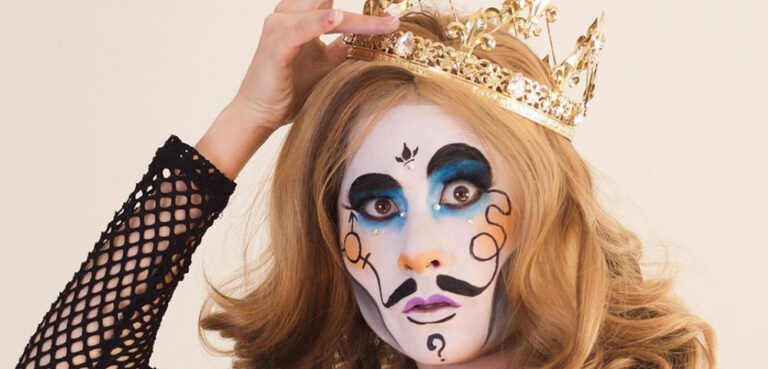


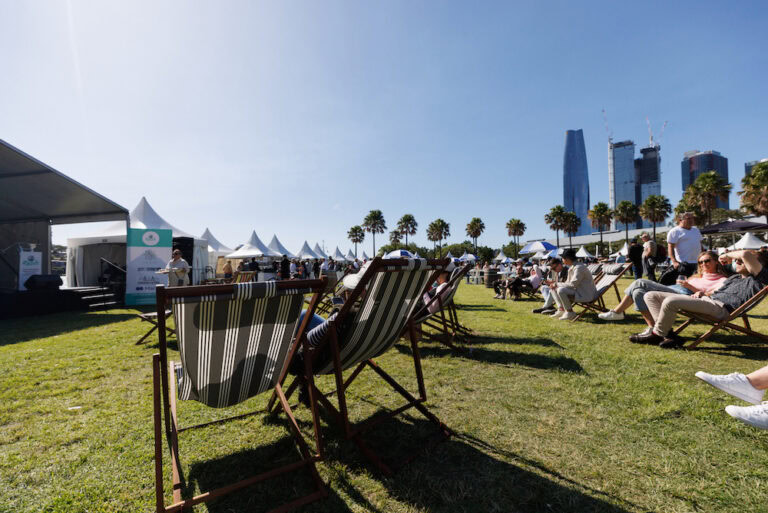
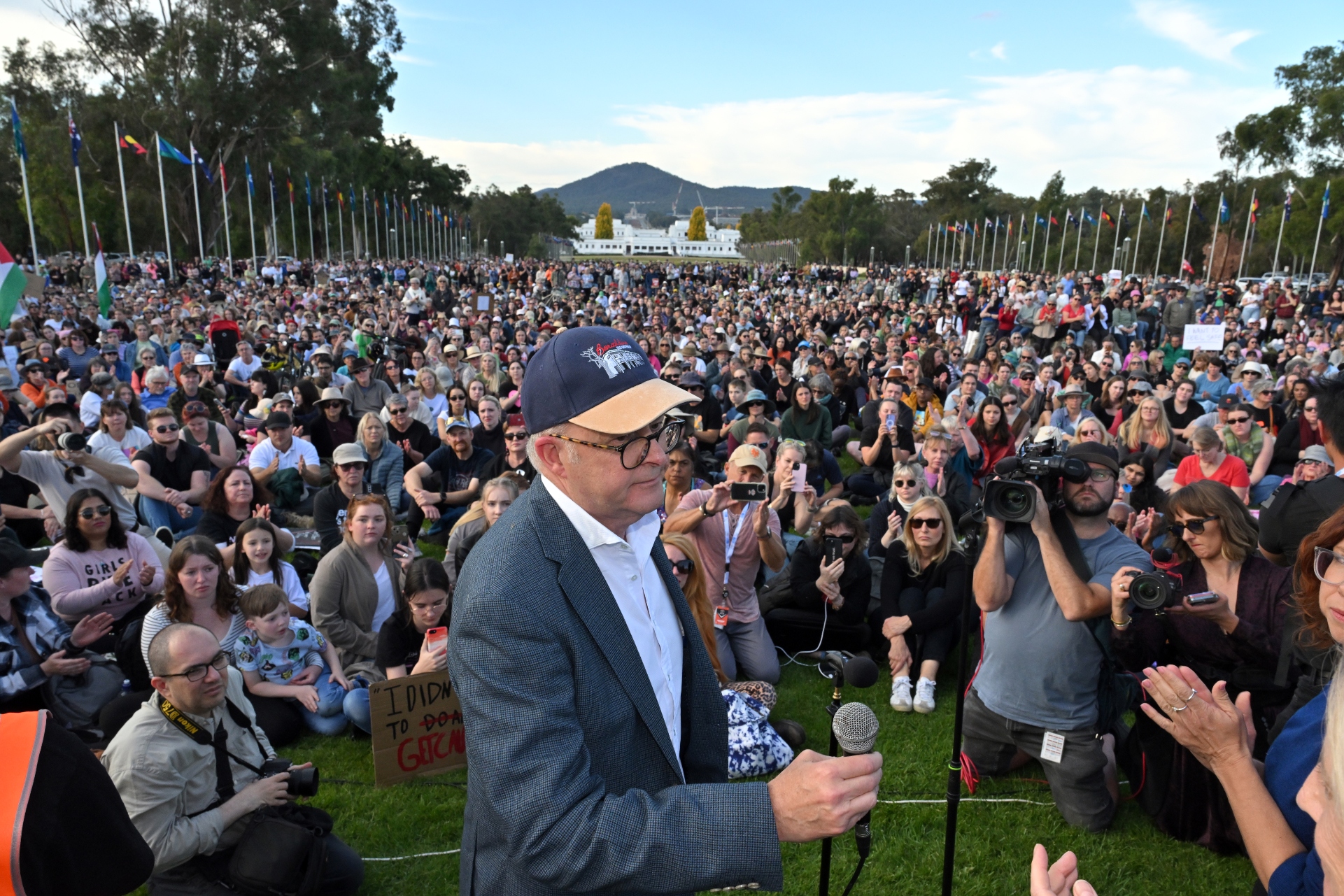
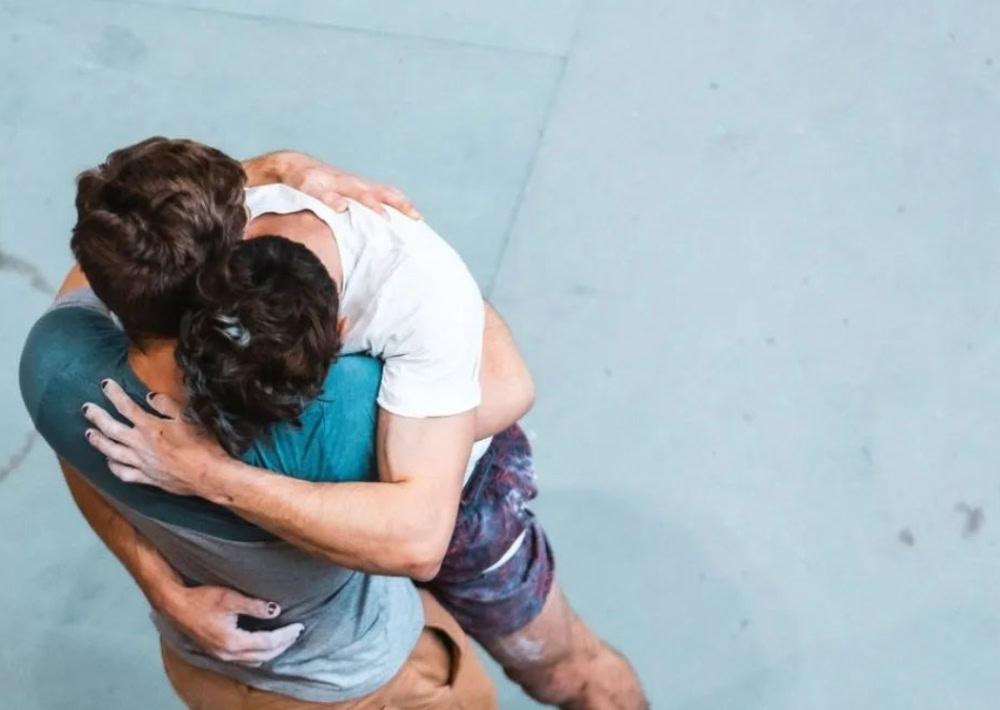
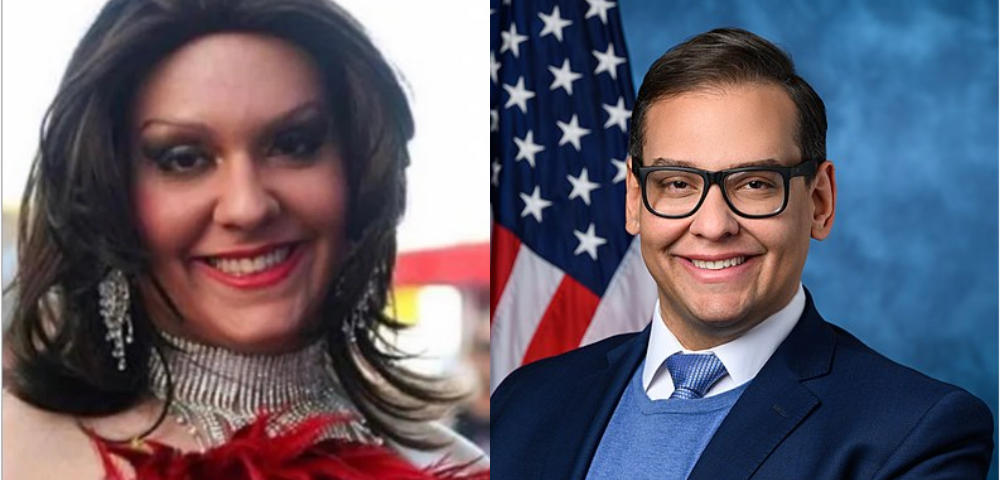
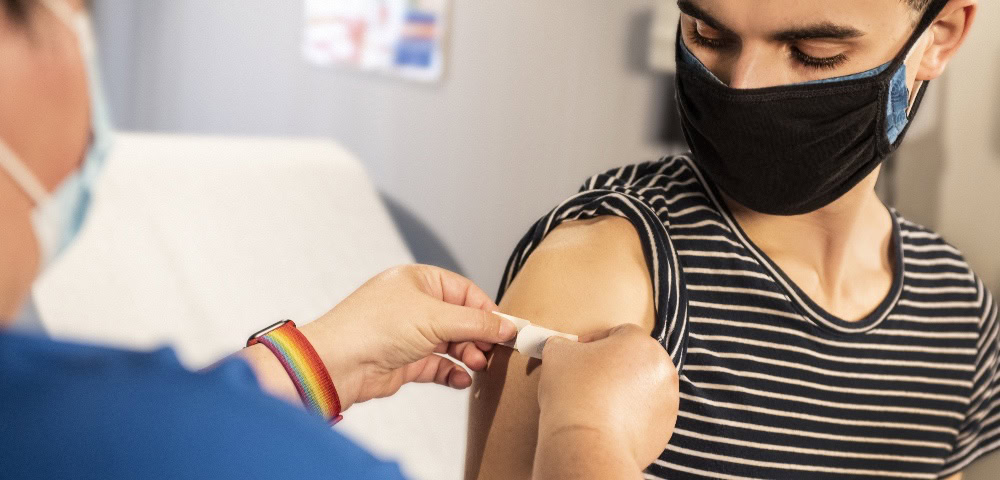
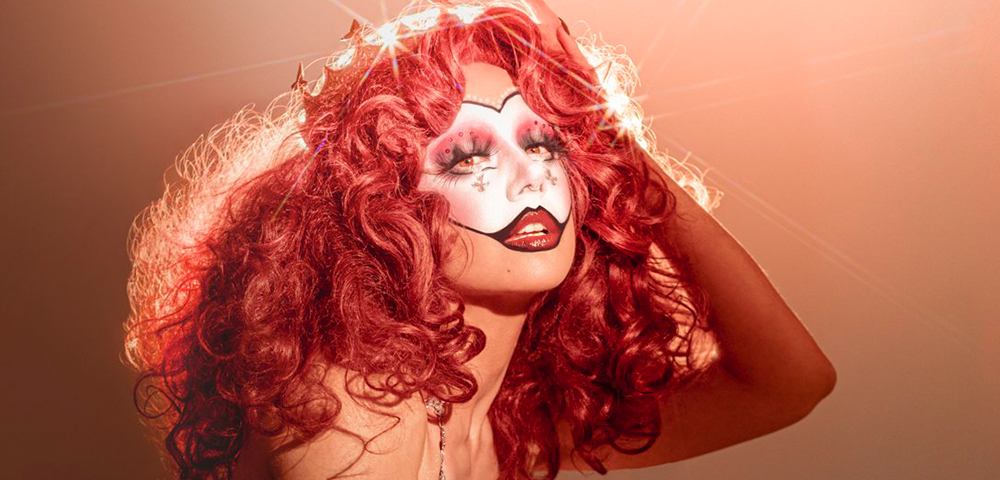

Do you have to hear the jeers&boos of a roman colloseum to realise what is a normal life in the entire world?
& A big black zero is a normal option to seek due to nothing but that abuse from rome.